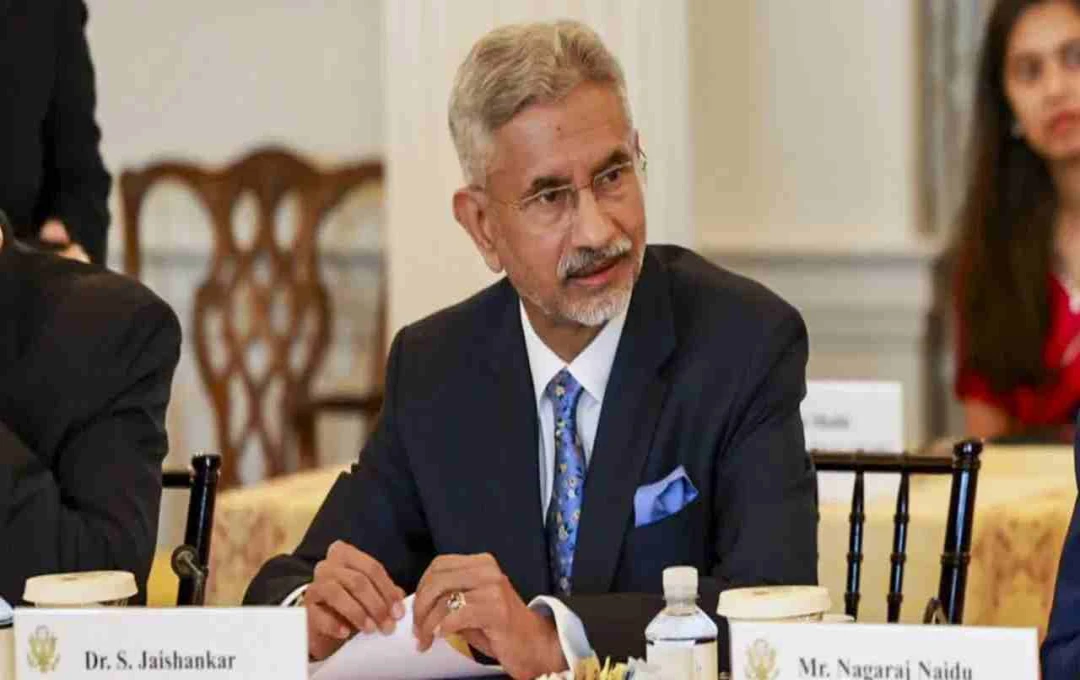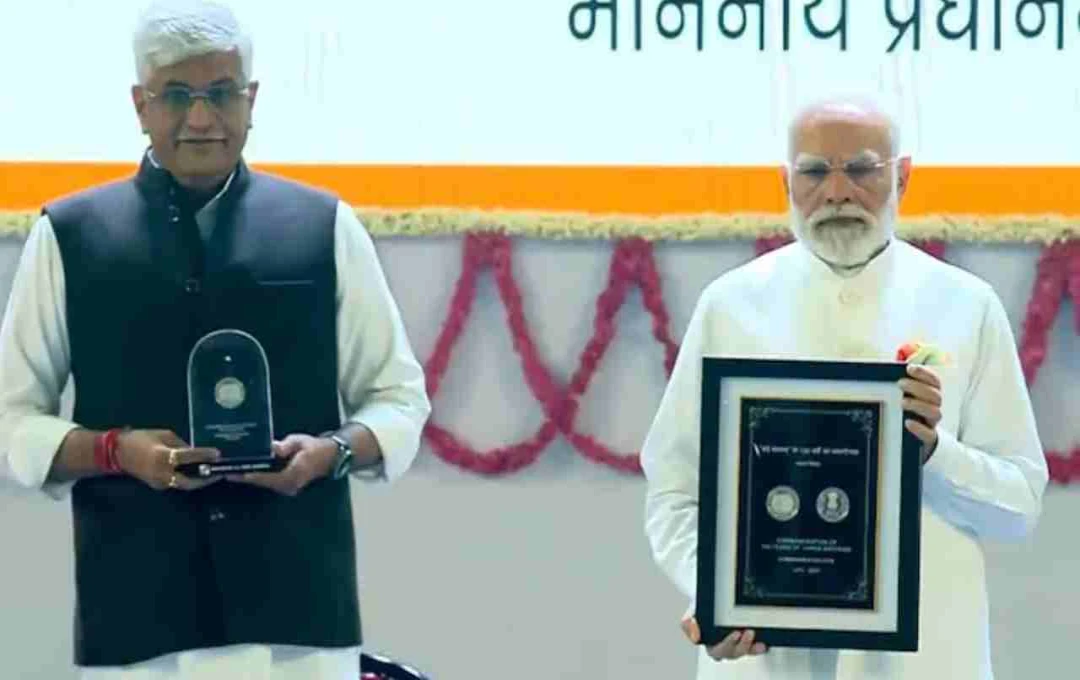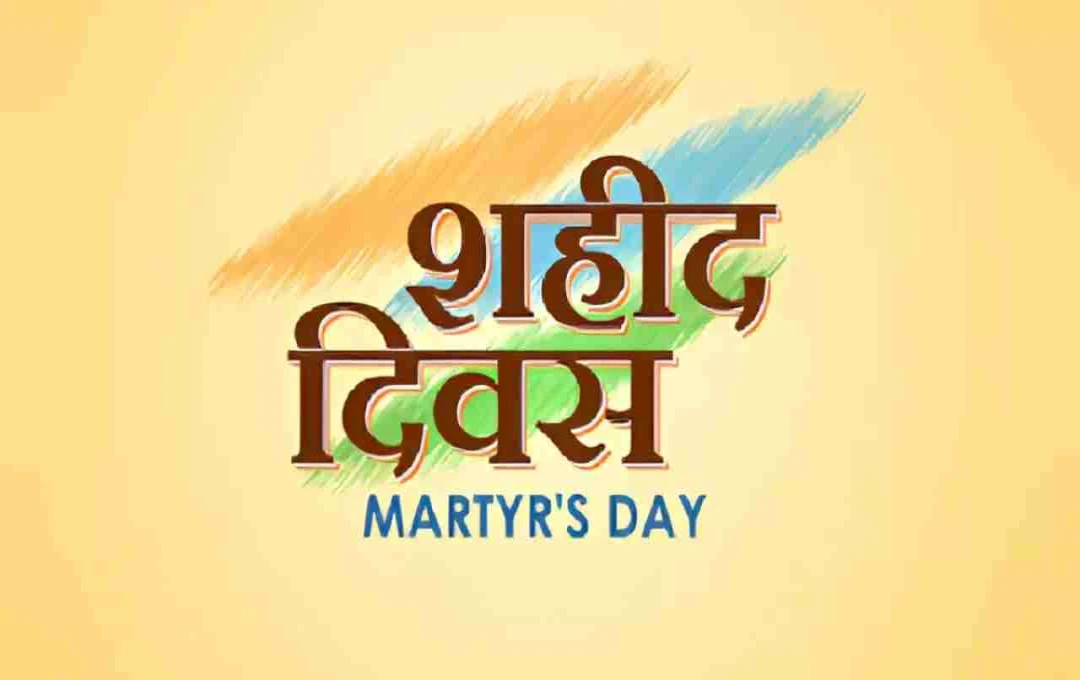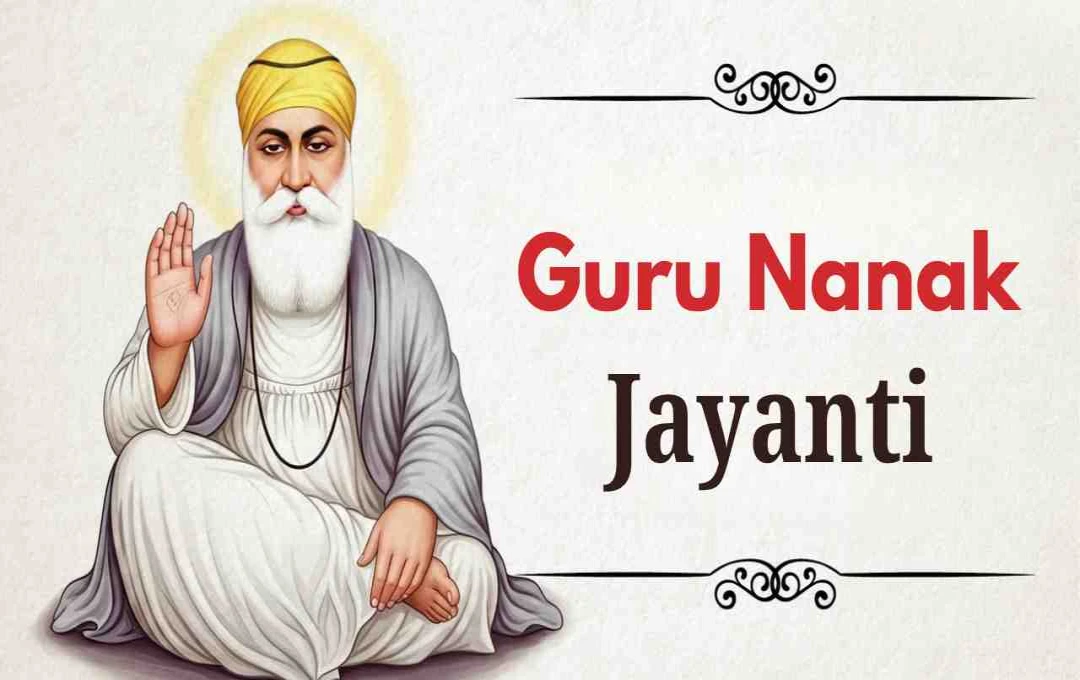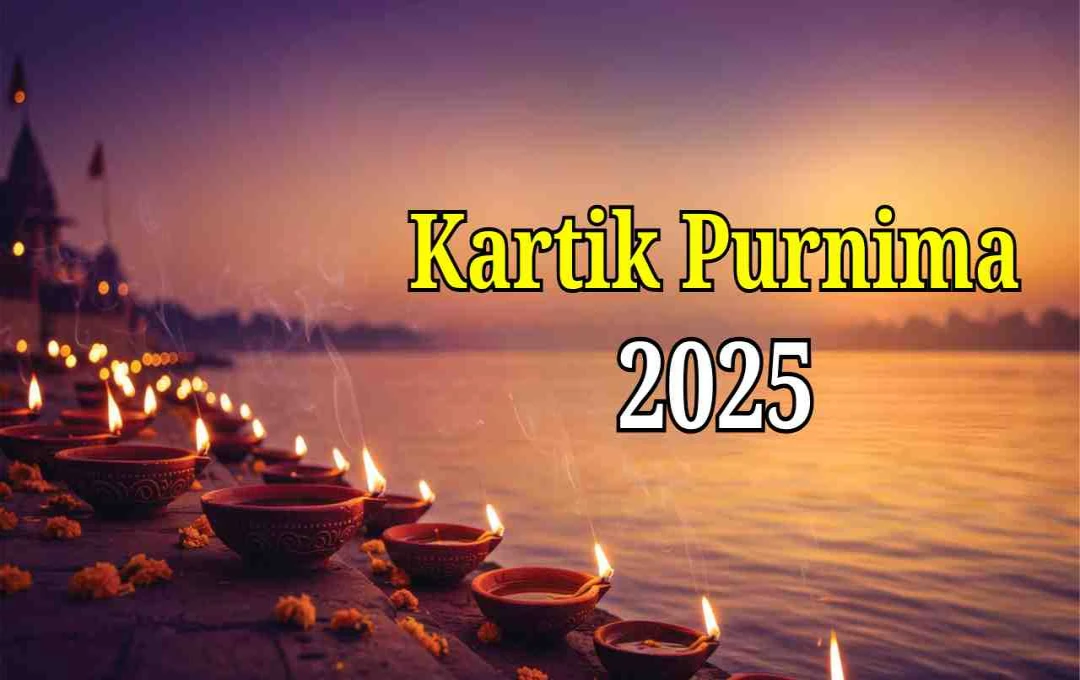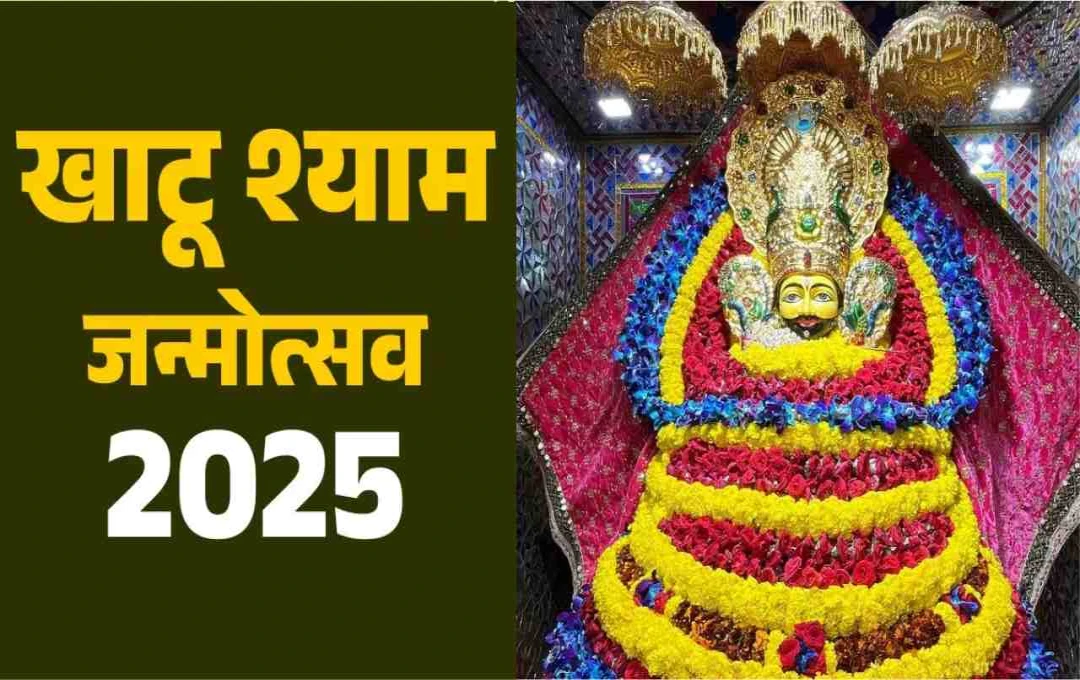India's national song, 'Vande Mataram', is completing 150 years. Written by Bankim Chandra Chattopadhyay in 1875, this song infused new energy into the freedom movement. Even today, it is considered a symbol of patriotism, unity, and devotion to the motherland.
Vande Mataram 150 Years: India's national song, 'Vande Mataram', is completing 150 years today. Bankim Chandra Chattopadhyay wrote it on November 7, 1875, and it changed the direction of the Indian freedom struggle. During the period of slavery, this song awakened a sense of self-respect and freedom in the hearts of Indians. The central government is organizing special programs across the country on this historic occasion to connect the new generation with the significance of Vande Mataram and its inspiring journey.
'Vande Mataram' Became the Voice of Freedom
'Vande Mataram' was first published in the magazine Bangadarshan in 1875. In 1882, Bankim Chandra incorporated it into his famous work, 'Anandamath'. Rabindranath Tagore set this song to music. It was publicly sung for the first time at the Calcutta Congress session in 1896. Later, during the 1905 Bengal Partition movement, this song became the slogan of freedom.
People took to the streets, challenging British rule with chants of "Vande Mataram". Even when the song was banned in schools and colleges, students continued to sing it. During this period, 'Vande Mataram' became the voice of every Indian.
Symbolic Image of Bharat Mata in the Novel 'Anandamath'
In the novel 'Anandamath', a group of ascetics considers the service of 'Maa Bharati' (Mother India) to be the highest dharma. The novel depicts three forms of the mother, representing three aspects of India—the glorious Mother of the past, the suffering Mother of the present, and the resurrected Mother of the future. Aurobindo wrote that this Mother is "not a begging bowl, but Bharat Mata with swords in seventy crore hands."
Bankim Chandra Chattopadhyay: Inspirer of Patriotism
Bankim Chandra Chattopadhyay (1838–1894) was a great literary figure of Bengal. Through works like 'Durgeshnandini', 'Kapalkundala', and 'Devi Chaudhurani', he awakened feelings of patriotism and self-respect. Through 'Vande Mataram', he conveyed the message that the motherland is the supreme deity. This song became the ideological foundation of Indian nationalism.
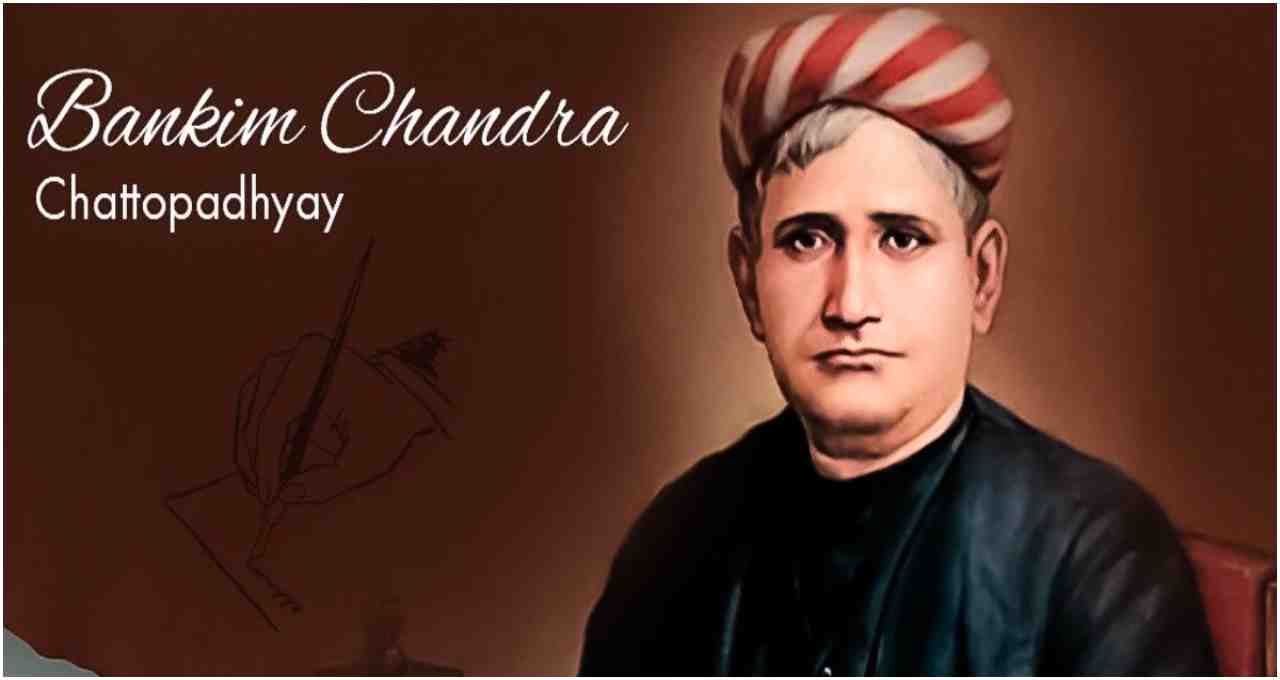
This Song Became an Inspiration for Revolutionaries
During the freedom struggle, 'Vande Mataram' became the soul of every movement. In 1907, when Bhikaiji Cama unfurled India's first tricolor flag in Stuttgart, Germany, 'Vande Mataram' was inscribed on it. These were also the last words of Madan Lal Dhingra before his execution in England. The same song resonated in South Africa to welcome Gopal Krishna Gokhale. This song became a symbol of courage and devotion in the hearts of freedom fighters.
How it Became the National Song
In 1950, the Constituent Assembly unanimously declared 'Vande Mataram' as the national song of India. Dr. Rajendra Prasad, the President of the Constituent Assembly, stated that given the song's historic role in the freedom struggle, it would be accorded the same respect as 'Jana Gana Mana'. Since then, this song has remained a symbol of the nation's unity and national pride.
150 Years Celebration Across the Nation
This year, the central government has announced grand celebrations to mark 150 years of 'Vande Mataram'. A national ceremony will be held at the Indira Gandhi Stadium in Delhi, while special events will take place at district and tehsil levels. A postal stamp, a commemorative coin, and an exhibition based on 'Vande Mataram' will also be released. All India Radio and Doordarshan will broadcast special programs on this occasion.
Global Recognition
The 150th anniversary of 'Vande Mataram' will be celebrated in all Indian embassies and missions worldwide. Cultural programs, music festivals, and tree plantation drives will be held under the theme "Vande Mataram: Salute to Mother Earth". Murals will be created on walls to convey to the youth the message that service to the motherland is true patriotism.
From Past to Present
Even after 150 years, 'Vande Mataram' resonates in the heart of every Indian. This song is not just history, but a source of inspiration. It reminds us that India's strength lies in its unity and culture, and this spirit will continue to inspire future generations to move forward.

